Edit Content
Thank you for visiting Huthayfa Nawafleh’s website and taking the time to reach out. Your interest, engagement, and support are greatly appreciated and deeply valued.
Get in touch
- Ask@huthayfa.com
- +971 2 886 1518 | +966 11 520 1329
- Office 902, C34 Tower, Khalifa Street, Abu Dhabi, UAE, P.O.Box 36420
- Monday to Friday (8am - 5pm)















